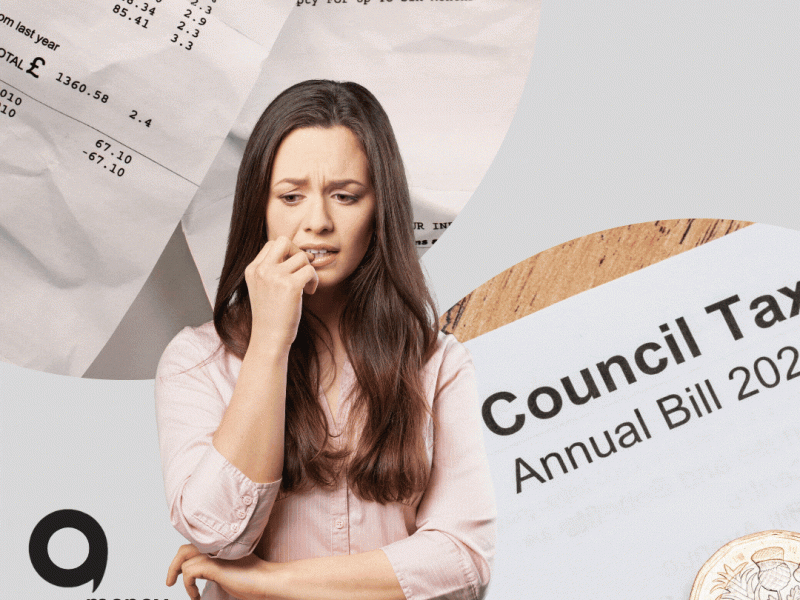
With lockdown measures set to remain in place over the next few months, there has been lots of confusion and mis-information on social media surrounding employment support currently available.
The government have introduced several different schemes and grants designed to ease the financial impact of the coronavirus pandemic, including the Self-Employment Income Support Scheme (SEISS), The Job Retention Scheme and The Self-Isolation Support Grant.
Many businesses and individuals have already benefited from such schemes including the nearly ‘ten million people [who] were furloughed between the start of the [Job Retention Scheme] in 2020 and mid-December 2020’.
We’ve separated the facts from the fiction surrounding employment support available in Scotland as a result of Covid-19 to let you know what help and support is currently out there.
Self-Employment Income Support Scheme (SEISS)
Two grants (November 2020 and February 2021) have been made available by the government to support self-employed individuals who might have been affected by covid-19 restrictions and lockdown measures. Each SEISS grant covers 80% of any businesses’ average trading profit over a period of three months. The money is paid in one lump sum, directly into the claimant’s bank account.
Two SEISS grants had previously been made available by the government however applications for these are now closed and self-employed individuals should apply for the November and February grants if they have been affected.
If you met the criteria for the previous two grants issued in 2020 (even if you did not claim for them), then you will be eligible to claim for the newest SEISS grants. Your business must be trading or temporarily unable to trade due to the current coronavirus measures. If your business is still trading, then the demand for goods and services offered must be lowered as a direct result of the covid-19 restrictions.
Coronavirus Job Retention Scheme
During the lockdown, many Businesses have been unable to offer their employees work as they usually would. To safeguard these jobs, the Coronavirus Job Retention scheme, which originated during the first coronavirus lockdown, was created.
Employers can apply for the Job Retention Scheme Grants and the government will cover up to 80% of each employee’s salary, capped at £2,500 per month. The government will also cover the associated Employer National Insurance contributions and minimum automatic enrolment employer pension contributions on the 80% subsidised wage. Employers must then pay staff a minimum of 80% of their salaries under the scheme but can also choose to top up their employee’s wages. For the employee, this is known as ‘being placed on Furlough’.
In order to make a claim, a business must have created and started a PAYE payroll scheme on or before 30th October 2020 and must have enrolled for PAYE online. They must also own a UK bank account. The scheme is open to any entity with a UK Payroll. Any UK organisation with employees can make a claim however some public service organisations may not be eligible. Any employees on the following types of contracts can be placed on furlough:
- Full-time employees
- Part-time employees
- Employees on agency contracts
- Employees on flexible or zero-hour contracts
Once an employee is placed on Furlough, they cannot carry out any work for the business. There is also the option to flexibly furlough staff, who can work for any amount of time, and any work pattern but cannot work during hours that they are recorded as being on Furlough for.
Employers have a responsibility to communicate with their staff and advise them of the change in their employment status to a ‘furloughed’ member of staff. They must write to their employees and keep a record of this communication.
It has recently been announced that this scheme will continue in Scotland until the 30th April 2021. The scheme may be extended further but this is dependent on the spread of covid-19 and the strategy for easing lockdown measures.
Self-Isolation support grant
Following a positive Covid-19 test or exposure to a Covid-19 positive individual, the medical recommendation is to self-isolate for 10 days in order to prevent further spread of the virus.
A £500 grant is available for those on a low income who have been asked by Test and Protect to isolate following a positive Covid-19 test or close contact with a Covid-19 positive patient. This grant is specifically designed to help those who are unable to work from home and would lose out on their income through self-isolation.
You can apply for more than one grant if you have been asked to self-isolate multiple times, provided these instances do not overlap. Once you have received a phone call from test and protect you will receive a follow up call from your local authority who will advise you on how to apply for the grant.
For those who aren’t eligible for the Self-isolation support grant, you might be able to apply for a crisis grant from your local council.
Sector-Specific Grants
There are additional grants available to individuals working in specific sectors and job roles who have been impacted by coronavirus. This includes those working in close-contact businesses, such as hairdressers, makeup artists and driving instructors. More information can be found by visiting coronavirusadvice.scot.
If you have any questions concerning coronavirus or employment related issues, advice.scot offer free and impartial advice.
You can contact us on 0808 164 6000. We are open 9am-5pm, Monday-Friday.
You can also follow us on social media – Twitter: @advicedotscot and Facebook at www.facebook.com/advice.scot, Instagram: @advice.scot, or visit our knowledge centre at www.consumeradvice.scot.
Article Contributed by Marilena Gant (Media & Marketing Intern)



